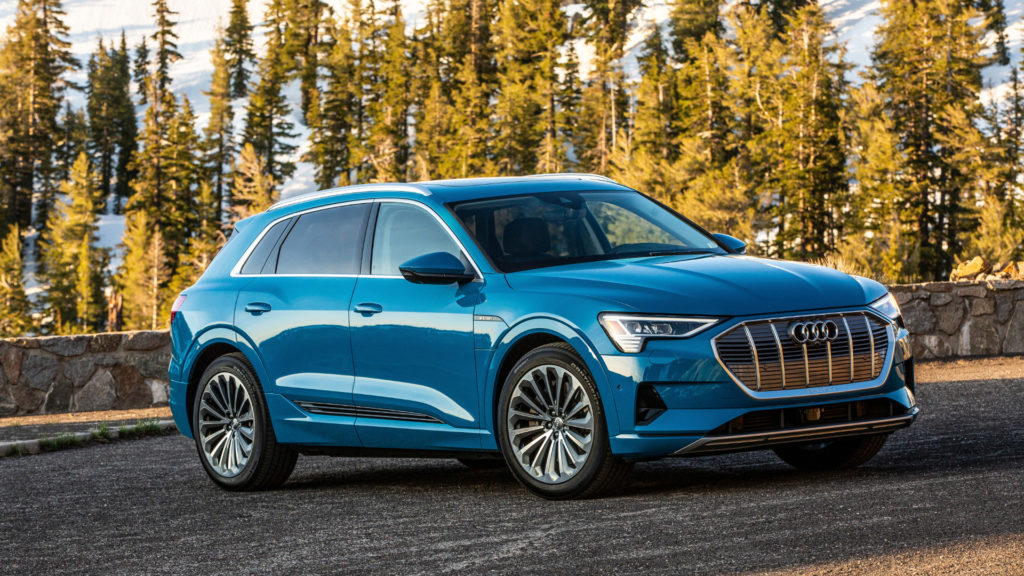Last updated on April 8th, 2020 at 07:58 pm
In 2016, the UK government introduced legislation to help with the adoption of ultra-low emission vehicles (ULEV) and electric vehicles (EVs). Through the use of a salary sacrifice scheme, the government set out to make ULEVs and EVs incredibly cost-effective, whereby these types of vehicles would remain exempt from income tax and National Insurance (NI).
When you factor in the cost savings of going electric and take into account an OLEV grant, savings made on refuelling a gasoline-led vehicle and with the imminent introduction of 0% Benefit-in-Kind taxation coming into play in the next tax year; salary sacrifice will be the cheapest way to drive electric.
There are thousands of nurses, doctors, council workers and bank workers, who remain unaware of the savings they could make on driving an EV using this method; better still, they won't have to fork out for a deposit, maintenance or even insurance.
Through the work scheme, EVs will be £220 per month cheaper than driving a gasoline-led vehicle. As for insurance, breakdown cover and maintenance, these are included in some of the salary sacrifice schemes, namely those that include an electric vehicle.
Read next: Nottingham wants to become the first carbon-neutral city in the UK
According to Tusker, a company who manages fleets of cars for organisations within the public and private sectors, said that seven out of ten drivers are aware of the Government’s Cycle to Work scheme where employees are able to purchase a new bicycle from their salary before tax or NI deductions – effectively lowering the bill of both. Whilst, one in ten said they were aware they could do the same for the purchase of a new EV.
When there are three out of five motorists claiming they'd get an all-electric as their next vehicle; it begs the question: why haven't more people adopted the scheme? 60% of people surveyed said they didn't know what salary sacrifice entails.
Paul Gilshan, CEO of Tusker, said: “For too long, a lot of people have felt priced out of the EV revolution. This was evident in the people we spoke to as part of our survey, with the majority thinking battery electric vehicles were only for those that do little mileage or those on high incomes.
“Salary sacrifice is nothing new but appears to be still an unknown to a lot of working people; it’s the solution to drive a new electric vehicle for both 20% and 40% taxpayers, but it seems the myth is that people think they can’t drive an EV unless they are on high salaries.
“Put simply, salary sacrifice is key to making battery electric vehicles affordable for the average British motorist and key to the UK significantly reducing emissions of transport.”
Read next: How to check if your electric vehicle is eligible for a government grant
Since 2000, Tusker has delivered 45,000 new cars to employees through its salary sacrifice scheme. 85% of orders have been made by 20% taxpayers and its most popular orders for 2019 have been fully electric vehicles.
The news comes after the AA suggested to ministers to ‘Scrap VAT on electric cars to boost sales‘. Were you aware of the salary sacrifice scheme? Let us know on Facebook, Twitter or in the comments section, below.
